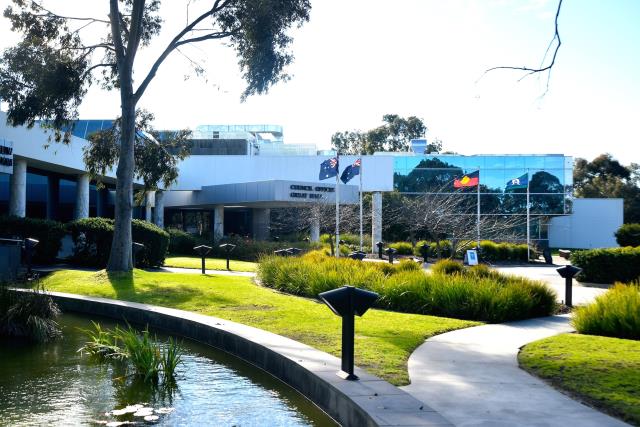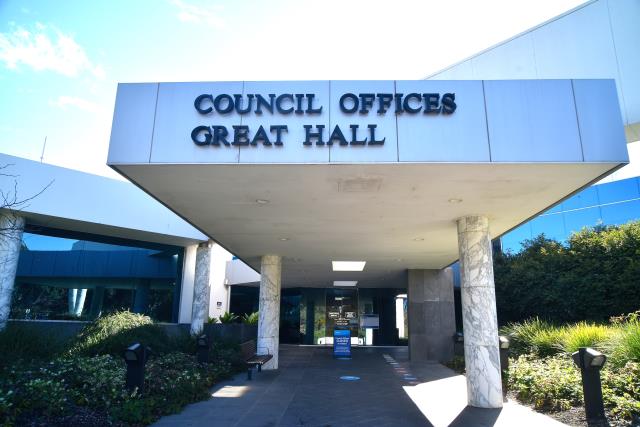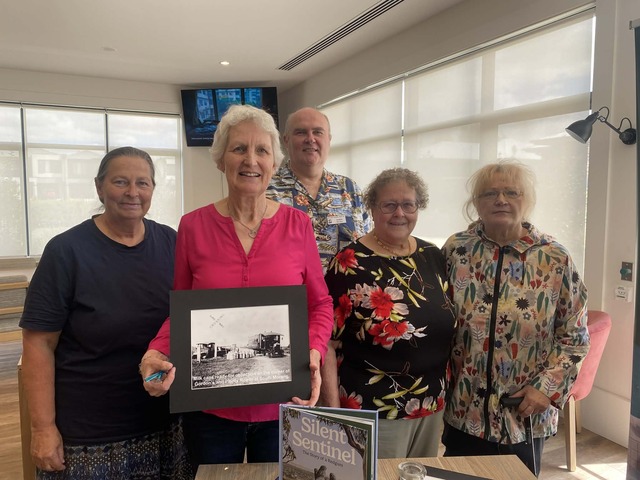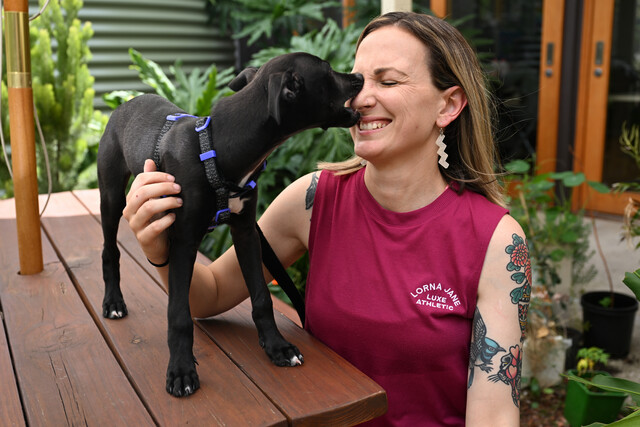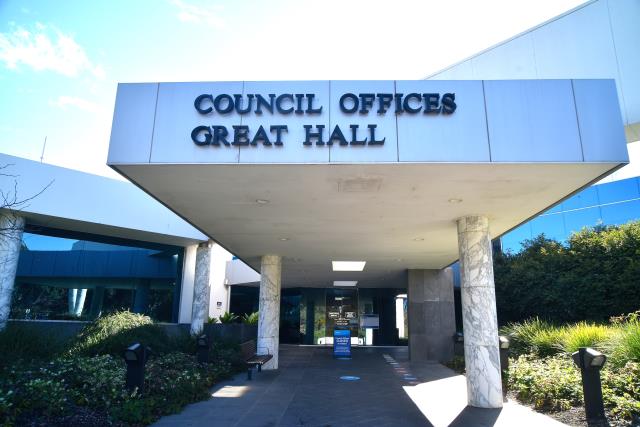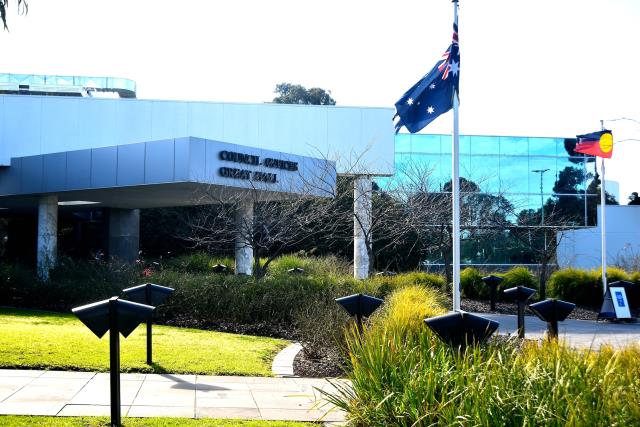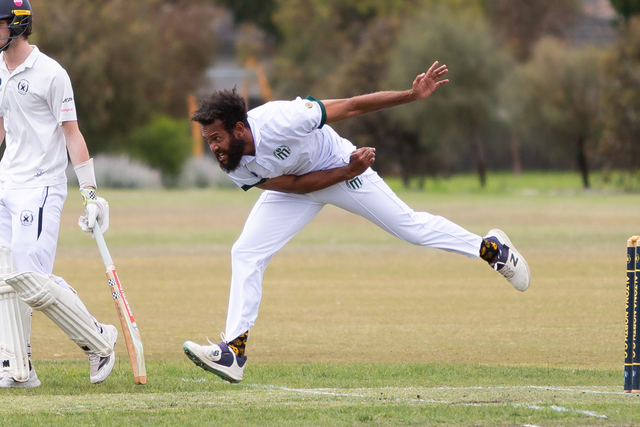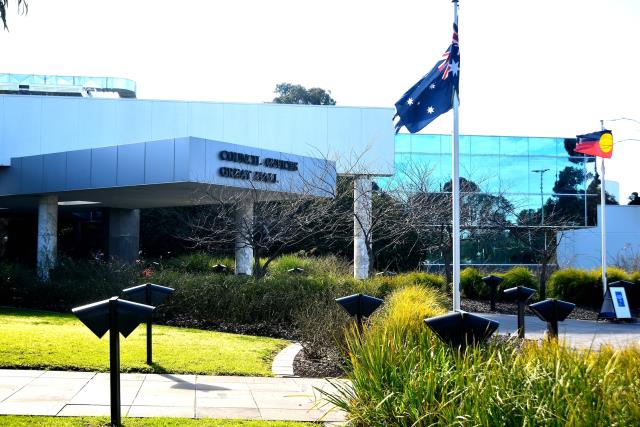La Trobe University researchers have discovered that while a campaign at a major sporting event about violence against women was an important community initiative, it did not raise public awareness of the issue and avoided tough discussions.
In a paper published in the international journal Event Management, researchers investigated the Gold Coast 2018 Commonwealth Games and its One Million Stars to End Violence (OMSTEV) campaign to assess its effectiveness when linked to a major sporting event.
Lead researcher La Trobe senior lecturer in sports management from the Bundoora campus, Dr Alana Thomson said the connection between sports events and violence against women was an emerging area of research that aligned with the United Nations’ Sustainable Development Goal number five, gender equality.
“It is vital for major sporting events to raise awareness of this issue because past research has shown that family violence rates can increase by up to 40 per cent around football grand final events,” Dr Thomson said.
“This can be due to several surrounding factors such as increased alcohol consumption and problem gambling, and the relaxation in standards of acceptable behaviour.
“Before this paper, no empirical studies looked into if and how sport events can help raise awareness about violence against women, so we responded to calls by sport event scholars for critical perspectives into this issue.
“We found official messaging and media coverage portrayed OMSTEV as a successful community engagement initiative, but official reporting and media coverage was not effective in contributing to public discussion and education around the issue of violence against women.
“This research showed that while the campaign was well intentioned and produced an impressive art installation, it skirted around the tough discussions of violence against women and did not raise the public’s awareness of violence against women.”
The study also showed that the anti-violence campaign was consistent with government policies targeting violence against women.
However, the inclusion of it in the game planning was not supported by a sufficient narrative to help the public understand the connection.
Instead, official documents and media reports contained ambiguous information about OMSTEV’s purpose, contributing to a sense of confusion about the initiative’s need and how it would deliver on its intentions in association with the Commonwealth Games.
“What we saw was that the implementation of OMSTEV was more focused on the delivery of an art project rather than addressing a social issue,” Dr Thomson said.
“We found limited evidence OMSTEV achieved concrete outcomes in terms of raising awareness about violence against women or prompting social change more broadly.
“We made suggestions that event organisers and social cause organisations should be working together to design initiatives and related communications strategies to consider the targeted messages and calls to action they want to achieve around such an initiative, and to design their community activations and communications strategies accordingly.”



